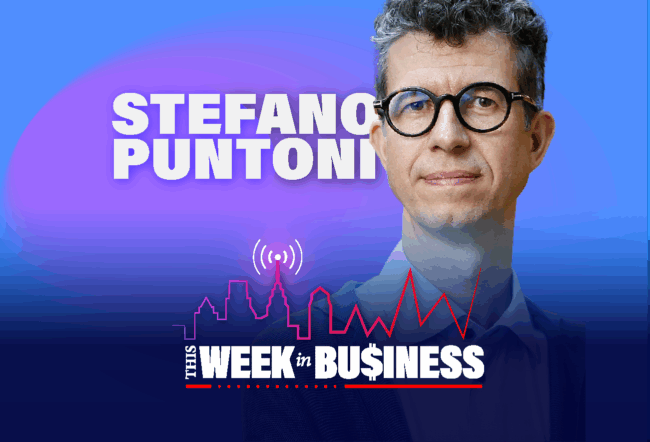Will Limiting Foreign Workers Cause More Harm Than Good?
First rumblings, then an earthquake?
Yesterday, Praveen Togadia, secretary general of India’s Vishwa Hindu Parishad (VHP), a Hindu organization with strong lobbying power and ties to the Indian expatriate community, called for a boycott in India of American-made products — a response to Congress’s recent move to prevent certain U.S. firms from hiring foreign workers, according to a report in The Economic Times.
At the crux of the issue is the H1-B visa program, which allows U.S. companies to hire skilled foreign workers — a high percentage of whom come from India — for up to six years. Based on a Congressional vote in early February, any financial institutions receiving bailout funding can no longer employ these workers if they displace potential U.S. hires.
“We are determined to take up this issue in a similar fashion by disallowing American products in India," Togadia said regarding the new policy.
On March 9, The Financial Times reported that Bank of America became the first U.S. bank to rescind employment offers to foreign MBAs in compliance with the new rules. In total, the bank has received $45 billion in TARP funding.
Reactions to the H1-B issue have been strong within the U.S., too. In an article titled, “The Open-Door Bailout,” New York Times columnist Thomas Friedman noted that the policy essentially puts the economy at greater risk. “We live in a technological age where every study shows that the more knowledge you have as a worker and the more knowledge workers you have as an economy, the faster your incomes will rise,” he wrote. “Therefore, the centerpiece of our stimulus, the core driving principle, should be to stimulate everything that makes us smarter and attracts more smart people to our shores.”
A new report released by the Kauffman Foundation, titled “Losing the World’s Best and Brightest,” shows that already, an increasing number of science and engineering students are returning to their home countries to start businesses – and that this trend is perhaps only enhanced by policy moves like the new H1-B visa rules. One of the report’s authors, Duke University executive-in-residence Vivek Wadhwa, told BusinessWeek: "Rather than inciting populist sentiment against foreigners and fostering a new nativism, policymakers could instead provide incentive programs to encourage foreign immigrant entrepreneurship, perhaps pairing fast-track residency status with launching of companies."
At last year’s Wharton India Economic Forum, India Knowledge at Wharton spoke with Wadhwa about his ongoing research on how immigrant entrepreneurs help the U.S. to keep its economic edge. (This year’s Forum takes place on Saturday, March 21. Although Wadhwa won’t be participating this year, some of India’s “best and brightest” will.)



